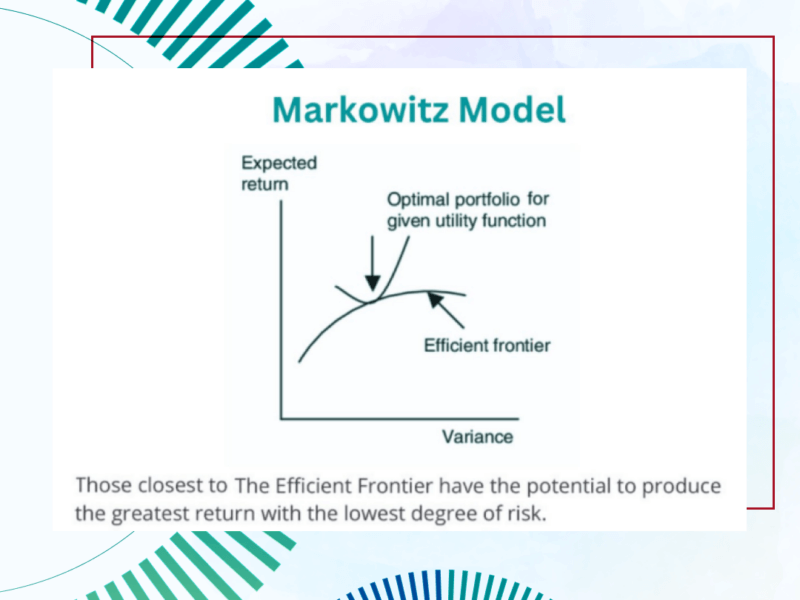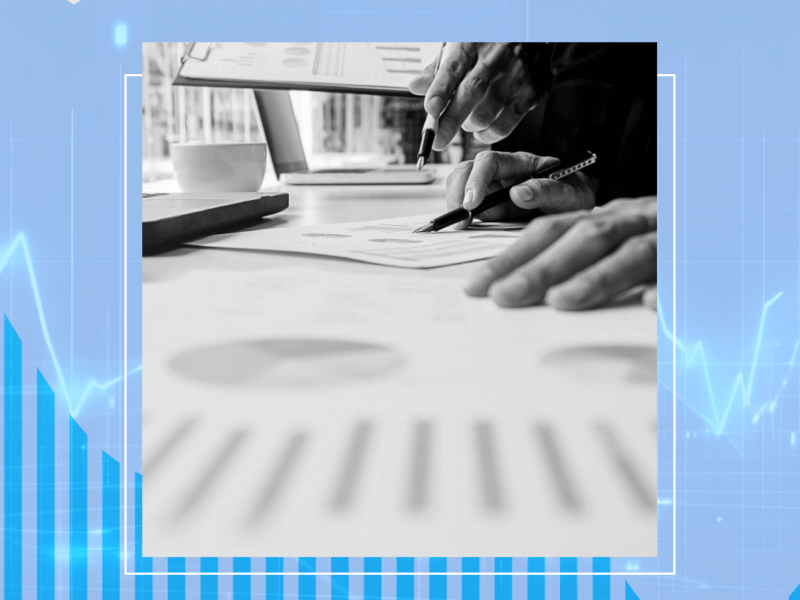“You can think of this meeting that we had as the ‘talking about talking about’ meeting, if you’d like,” Jerome Powell, Federal Reserve Chair, during the FOMC June 2021 Press Conference
Introduction
The first quarter of 2021 started with a lot of optimism on the geopolitical front, as new President Joe Biden offered a more diplomatic and thoughtful approach compared to former US President Trump. Indeed, things started calmly only to then come to life in the second quarter. G-7 countries singled out China over alleged human rights abuses, actions on Taiwan and cyberattacks; China upped the pressure on US-listed Chinese companies and further strengthening its grip on domestic companies; Russian hackers with alleged links to the government infiltrated numerous organisations such as the Colonial pipeline; the latest OPEC+ meeting ended unresolved as Saudi Arabia and the UAE disagreed on production cuts; Turkey summoned their US Ambassador after Joe Biden commemorated the 106th anniversary of the Armenian genocide adding further tensions to an already shaky relationship; tensions flared between Palestine and Israel leading to a multi-day war.
Financial markets shrugged off the geopolitical tensions, preferring to focus on inflation, the global economy and the outlook over the coming quarters. The MSCI All Country World Index hit new all-time highs, government bond yields stabilised and parts of the commodities market pulled back after a fiery start to the year. There was also a shift towards cyclical and value stocks as stocks characterised as growth and expensive lagged broader indices. Meme stonks went on a rollercoaster ride as companies like Gamestop, AMC Entertainment, ContextLogic, Clover Health and more, saw significant fluctuations in their prices.
Inflation: transitory or permanent?
Inflationary pressures continued to pick up as commodity prices rocketed up, supply chain bottlenecks continue and economies grew above their potential growth rate. Market participants are increasingly getting worried, as the main question on their mind is whether inflation will be temporary or permanent. We do expect inflation to be transitory, as some components such as commodity prices have already seen a slowdown in momentum and cannot stay sustainably high as demand falls at higher prices. On the other hand, items like wages tend to be stickier and more permanent, however this will likely not be enough to offset the transitory components of inflation. One of the main worries is the fact that the Fed may leave it too late prior to hiking rates and be forced to hike rates substantially, which could potentially lead to a recession. As markets are a forward looking, discounting mechanism, the communication by Fed Chair Powell has been adjust3e and refined to ensure that there are no misunderstanding as has happened previously. As such, the current path of interest rates/asset purchases as described by the Fed policy has been well understood by market participants; the issue stems from the fact that the Fed has indicated that they will hike rate only when the data (historic) justifies a move, rather than base it on forecasted data. This alone increases the chances of the Fed leaving it too late and has been on the back of investors’ minds.
Delta variant: wreaking havoc in developing markets
If you thought the pandemic was over, guess again. The newly emerged delta variant has been causing havoc in developing markets, where vaccination rates are significantly lower compared to developed markets and the available vaccines are also different. When vaccines initially started rolling out, there was an expectation that economies (both developed and developing) would grow in a synchronised manner, however things are turning out differently.
Other news
- Alibaba was fined 18.23 billion yuan ($2.8 billion) by Chinese regulators as a result of an anti-monopoly investigation by Chinese regulators.
- U.S. officials held a meeting with a number of chief executives on the chip shortage which has hit the global car market. President Joe Biden said that he has bipartisan support for his plan to provide $50 billion for semiconductor manufacturing and research to address the issue.
- Governments around the world may start to clamp down on the use of bitcoin and other cryptocurrencies, the CEO of Kraken, a top crypto exchange, has warned.
- Crypto exchange Coinbase went public, while SPACs came under scrutiny by the SEC.
- Relations between the U.S. and Russia took a turn as President Joe Biden’s administration imposed a raft of new sanctions in retaliation for alleged misconduct related to efforts to disrupt the U.S. election and the SolarWinds hack.
- A group of the world’s richest soccer clubs announced plans for a European breakaway league starting in August, only to then take back the decision after facing broader pressure.
- “A rising appetite for risk across a variety of asset markets is stretching valuations and creating vulnerabilities in the U.S. financial system, the Federal Reserve said in its semi-annual financial stability report.
- Benjamin Netanyahu’s record run as Israeli prime minister ended as opposition parties united in a bid to quell years of political chaos.
- U.S. President Joe Biden handed Vladimir Putin a list of critical infrastructure that should be off limits from hacking, and also confronted the Russian leader about human-rights violations at a summit in Geneva. Still, Biden said he saw the possibility of improving bilateral relations. In turn, Putin said the U.S. and Russia would return their ambassadors to their posts, and the two sides have agreed to hold talks on arms control, cyber-security and diplomatic ties.
- China announced plans to release industrial metals from its national reserves to curb commodity prices.
- Matt Hancock quit as the U.K. health secretary after he was caught embracing a senior aide in his office, in breach of the social distancing guidelines he helped to create.
Key Indices Performance – Q2 2021 and YTD (31/12/2020 – 30/06/2021)
| US Stock Market | Q1 2021 | Q2 2021 | YTD % |
| S&P 500 (US Large Cap) | 5.77% | 8.17% | 14.41% |
| Nasdaq (US Technology) | 1.58% | 11.18% | 12.93% |
| Russell 2000 (US Small Cap) | 12.44% | 4.05% | 17.00% |
| European Stock Market | Q1 2021 | Q2 2021 | YTD % |
| Eurostoxx 50 | 10.32% | 3.70% | 14.40% |
| DAX (Germany) | 9.34% | 3.48% | 13.21% |
| FTSE MIB (Italy) | 10.45% | 1.84% | 12.90% |
| FTSE 100 (UK) | 3.92% | 4.82% | 8.93% |
| Asian Stock Market | Q1 2021 | Q2 2021 | YTD % |
| Nikkei (Japan) | 6.32% | -1.33% | 4.91% |
| KOSPI (South Korea) | 6.54% | 7.68% | 14.73% |
| CSI (Shanghai) | -3.13% | 3.48% | 0.24% |
| Commodities | Q1 2021 | Q2 2021 | YTD % |
| Gold ($) | -10.12% | 5.79% | -6.76% |
| Silver ($) | -7.72% | 7.03% | -0.99% |
| Copper ($ futures) | 13.75% | 7.33% | 22.09% |
| Brent crude oil ($ futures) | 21.12% | 19.16% | 44.32% |
| Yields (10-year) | Q1 2021 | Q2 2021 | YTD in bps |
| US | 1.746% | 1.468% | +55.6 |
| Germany | -0.292% | -0.203% | +37.2 |
| Italy | 0.669% | 0.824% | +30.3 |
| Japan | 0.095% | 0.054% | +3.3 |
Data: https://www.koyfin.com/ https://www.marketwatch.com
Disclaimer Risk Warning: The information in this article is presented for general information and shall be treated as a marketing communication only. This analysis is not a recommendation to sell or buy any instrument. Investing in financial instruments involves a high degree of risk and may not be suitable for all investors. Trading in financial instruments can result in both an increase and a decrease in capital. Please refer to our Risk Disclosure available on our website for further information.


